-
×
 We Should All Be Feminist
1 × ₦2,250.00
We Should All Be Feminist
1 × ₦2,250.00
Steel Woman
₦4,000.00
THE TRUE LIFE STORY OF ONE WOMAN’S STRUGGLE TO OVERCOME THE PERILS OF PATRIARCHY, INTERWOVEN WITH A CRITICAL LOOK AT SOCIETY’S ATTITUDE TOWARDS WOMEN AND WOMEN’S RIGHTS.
Wasilat Amoke grew up in Nigeria in the 1950s at a time when the prevailing culture normalized misogyny and gender-based abuse. Poor attitudes towards women and girls consigned her to a life of severe hardship. Her hopes for escaping misery rested on her children, whom she raised within a society that stood aloof yet would have condemned her had she failed.
Steel Woman serves as a powerful lens through which many of today’s injustices are examined. It challenges the normalisation of female suffering and will hopefully inspire you to join the fight for gender justice.
‘I love this book—it is powerful, passionate, informative, and it made me cry in parts.’
– Noo Saro-Wiwa, Award Winning Author
2 in stock


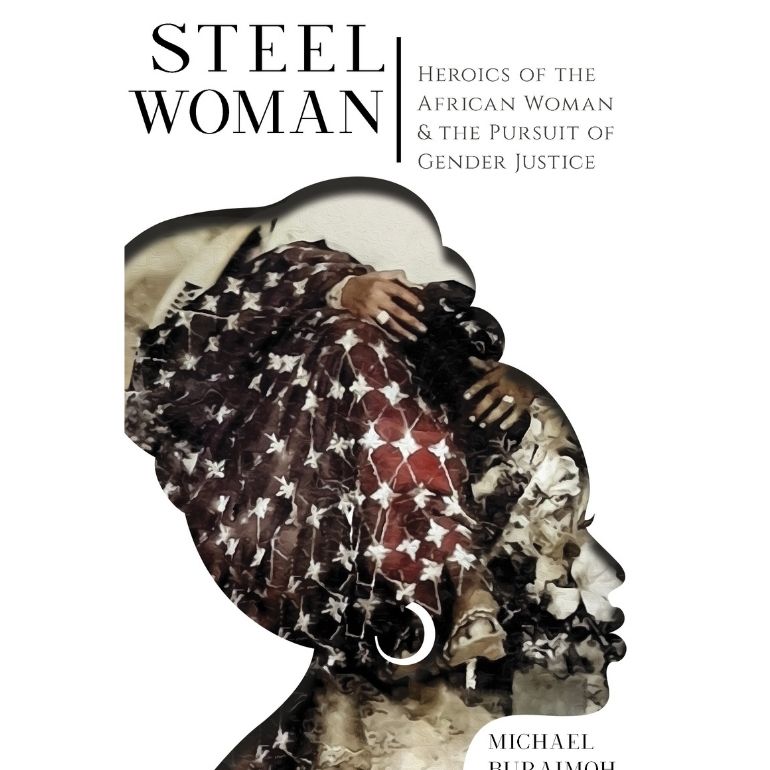

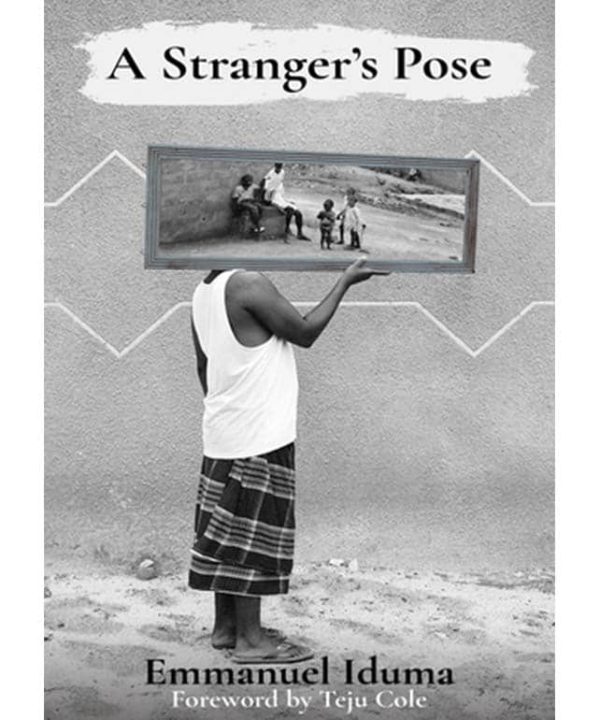
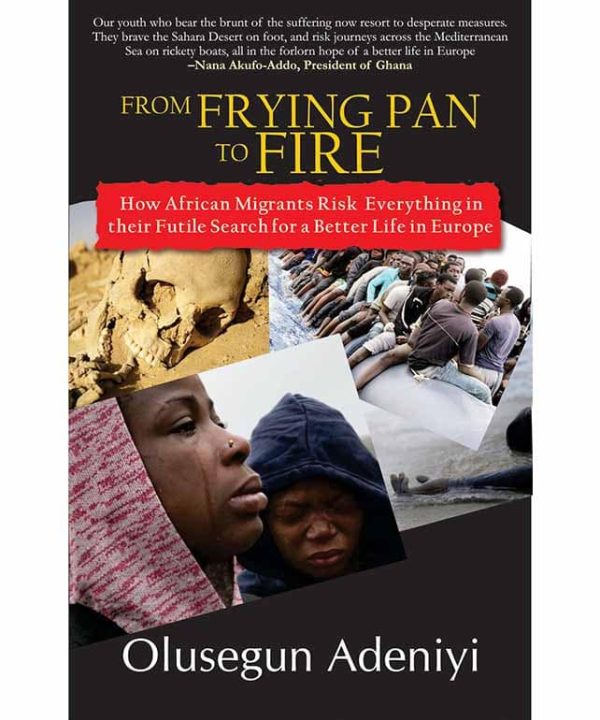
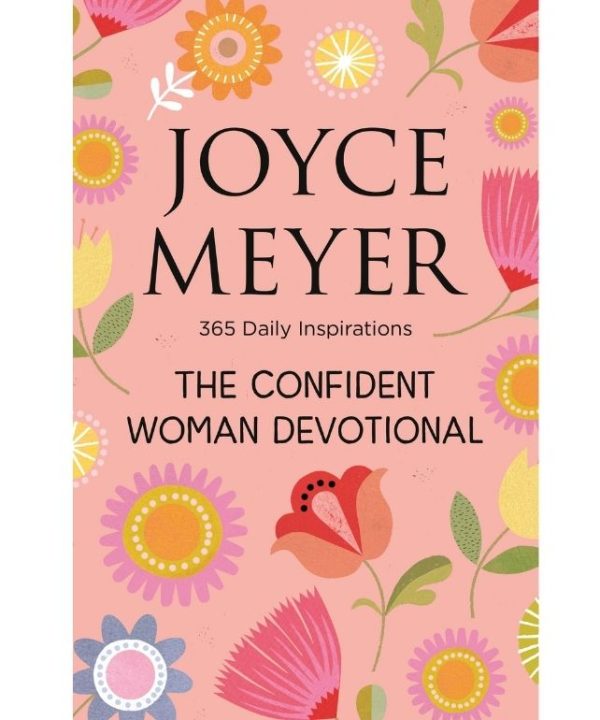
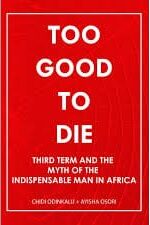
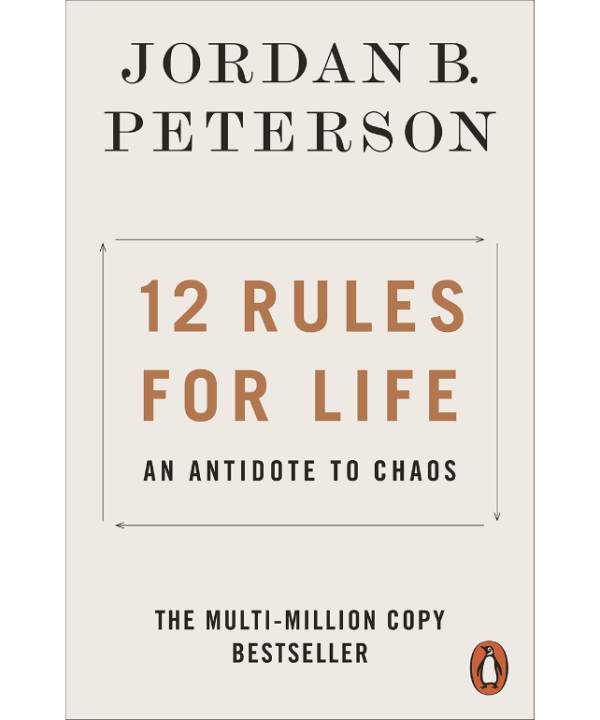

Tolu –
This book is a combination of many things, it is very entertaining but at the same time has a lot of depth, it is very relatable and accurately captures the reality of many victims of domestic violence. I like the fact that the writer included some humour without loosing the seriousness of the matter at hand. I recommend this book to everyone.
Nneka Sule –
This book is amazing. It is a well written and deeply moving story that needed to be told. Domestic violence is very real and the author has captured its ills accurately in this novel. I must commend him for doing such a great job of sharing his story.
Oluwatoyin Umar (verified owner) –
Bayo Buraimoh, in Steel Woman has intelligently strewn together a compelling biography and exposition on gender injustice, with such humour and positivity that would leave any reader totally engrossed. Steel Woman places domestic abuse, not just at the feet of perpetrators, but also at the doorsteps of those who simply watch it happen or worse still, excuse it. The story reveals how silence makes one a culprit. The author successfully steers the discourse on female subjugation towards the much needed clarion call to posterity; those who will be abused, whose daughters, sisters or nieces will be abused tomorrow.
Steel Woman is a book that has the power of awakening to action. It is a must read for everyone who desires or pursues gender equality and seeks to forestall acts of domestic violence that loom over their loved ones.
While reading, I found myself laughing out loud at the hilarious descriptions of some of the events, which, sadly, were my reality too. I strangely realised that I could not permit myself to find some of them funny, given the circumstances in which most of these events had taken place. For the most part, I am glad that Michael Buraimoh (Bayo) could create laughter while he told such horrid stories of a childhood that could have marred him forever; making me realise just how much I have also had to forgive and how glad I am that the experiences have been captured for those who will learn from them and hopefully do things differently; those who will promote cultural reorientation. And yes, the tears stung as I read several parts of the story.
I particularly find the approach of the author to the subject of gender inequality in Africa quite genuine, non-sentimental enlightening, liberating, and definitely uncommon, especially coming from the male gender. For example, with regards to arguments that boarder on some contemporary gender dynamics, much can be gleaned from the following paragraphs in the book:
I have come to realise that my male fragility is also why, during conversations about male-perpetrated sexism and misogyny, I have sometimes been quick to insist that men like me are now being victimised under reverse sexism and misandry, and that we are turning into a vulnerable species – vulnerable to such things as false accusations of sexism, rape and so on. Of course, these are real concerns that should also be taken seriously, such as when men have been treated as guilty by default until proven innocent when women make accusations of inappropriate behaviour. But the problem is when we seek to inject this into conversations about gender equality and sexism or misogyny rather than tackling it as a separate issue.
The way that I see it, the scale and ramification of injustice we men risk when some of our power is being taken away from us, even if unjustly so, is big. However, it pales in significance compared to the scale and ramification of the injustice women have endured when men have wielded unchecked power over women for centuries. Therefore, by seeking to conflate the two scenarios, we trivialise the very serious, widespread and historic experiences of women, even if unwittingly so. This comes across as defensive and deflecting; we are being unnecessarily fragile (194-195).
I am glad that Michael got it all penned down for posterity – for our children and our friends’ children, and all of their children; not just the husbands and fathers we are grooming, but the wives and mothers we are raising, who must realise how they could ‘lose’ the children they are sticking it out for in abusive marriages. As aptly pointed out in the book,
their love for their children could be constantly overshadowed by the hostile environment created daily by the high-handedness of abusive partners. (See Steel Woman 104).
Oluwatoyin Umar (verified owner) –
Michael Buraimoh, in Steel Woman has intelligently strewn together a compelling biography and exposition on gender injustice, with such humour and positivity that would leave any reader totally engrossed. Steel Woman places domestic abuse, not just at the feet of perpetrators, but also at the doorsteps of those who simply watch it happen or worse still, excuse it. The story reveals how silence makes one a culprit. The author successfully steers the discourse on female subjugation towards the much needed clarion call to posterity; those who will be abused, whose daughters, sisters or nieces will be abused tomorrow.
Steel Woman is a book that has the power of awakening to action. It is a must read for everyone who desires or pursues gender equality and seeks to forestall acts of domestic violence that loom over their loved ones.
While reading, I found myself laughing out loud at the hilarious descriptions of some of the events, which, sadly, were my reality too. I strangely realised that I could not permit myself to find some of them funny, given the circumstances in which most of these events had taken place. For the most part, I am glad that Michael Buraimoh could create laughter while he told such horrid stories of a childhood that could have marred him forever; making me realise just how much I have also had to forgive and how glad I am that the experiences have been captured for those who will learn from them and hopefully do things differently; those who will promote cultural reorientation. And yes, the tears stung as I read several parts of the story.
I particularly find the approach of the author to the subject of gender inequality in Africa quite genuine, non-sentimental enlightening, liberating, and definitely uncommon, especially coming from the male gender. For example, with regards to arguments that boarder on some contemporary gender dynamics, much can be gleaned from the following paragraphs in the book:
I have come to realise that my male fragility is also why, during conversations about male-perpetrated sexism and misogyny, I have sometimes been quick to insist that men like me are now being victimised under reverse sexism and misandry, and that we are turning into a vulnerable species – vulnerable to such things as false accusations of sexism, rape and so on. Of course, these are real concerns that should also be taken seriously, such as when men have been treated as guilty by default until proven innocent when women make accusations of inappropriate behaviour. But the problem is when we seek to inject this into conversations about gender equality and sexism or misogyny rather than tackling it as a separate issue.
The way that I see it, the scale and ramification of injustice we men risk when some of our power is being taken away from us, even if unjustly so, is big. However, it pales in significance compared to the scale and ramification of the injustice women have endured when men have wielded unchecked power over women for centuries. Therefore, by seeking to conflate the two scenarios, we trivialise the very serious, widespread and historic experiences of women, even if unwittingly so. This comes across as defensive and deflecting; we are being unnecessarily fragile (194-195).
I am glad that Michael got it all penned down for posterity – for our children and our friends’ children, and all of their children; not just the husbands and fathers we are grooming, but the wives and mothers we are raising, who must realise how they could ‘lose’ the children they are sticking it out for in abusive marriages. As aptly pointed out in the book,
their love for their children could be constantly overshadowed by the hostile environment created daily by the high-handedness of abusive partners. (See Steel Woman 104).